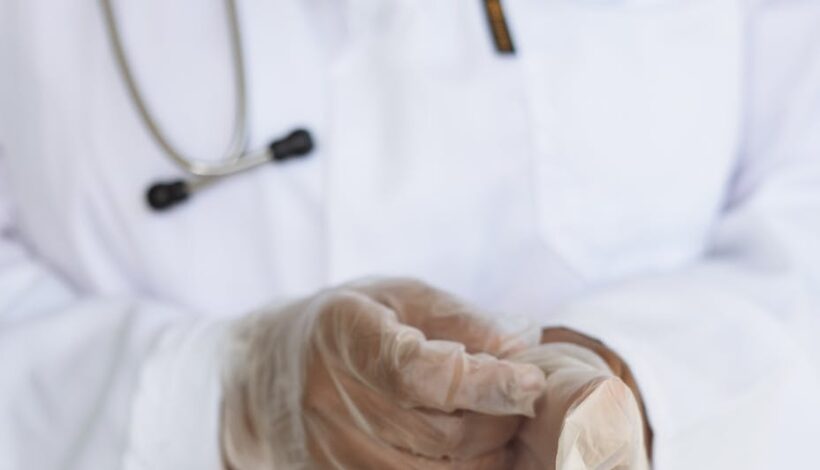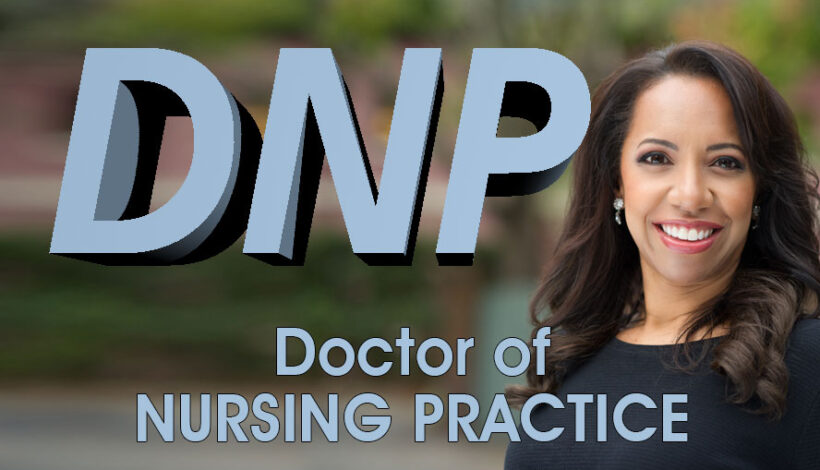With so much fear surrounding COVID-19, many patients are experiencing anxiety and even fear of dying. Some ask for prayer as a source of comfort. In these moments, a nurse’s response can have a profound impact.
In some hospitals, staff may focus more on protocols or personal agendas rather than the patient’s emotional and spiritual needs. A nurse’s own beliefs can also influence how they respond. For example, in a Christian hospital, a nurse who is comfortable with prayer can ask the patient if they would like to pray together. But if a nurse is less religious, they can still offer meaningful support by simply staying present, holding the patient’s hand, and providing a reassuring smile. These small gestures can provide the comfort the patient needs without compromising personal beliefs.
During COVID-19, many staff feel hesitant due to masks, gowns, gloves, and face shields. However, even with these precautions, nurses and healthcare providers can show empathy and care. A warm touch, attentive presence, and compassionate listening can make a huge difference to a fearful patient.
As nurses, we are reminded that care is not only about physical treatment but also emotional and spiritual support. By balancing safety with compassion, we can help patients feel valued, heard, and cared for—especially during challenging times like a pandemic.
Reference:
DeNisco, S. M., & Barker, A. M. (2012). Theory-based advanced nursing practice. Advanced Practice Nursing: Evolving Roles for the Transformation of the Profession (2nd ed., pp. 5–18). [Vital Source Bookshelf].



